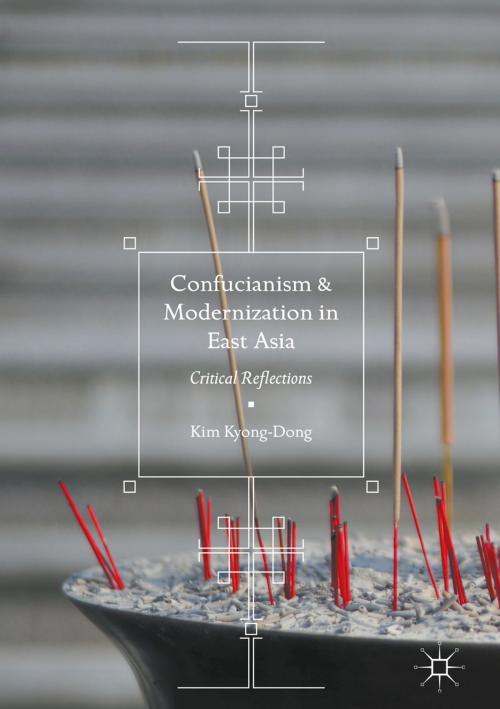Confucianism and Modernization in East Asia
Critical Reflections
Nonfiction, Religion & Spirituality, Philosophy, Eastern, Social & Cultural Studies, Social Science| Author: | Kim Kyong-Dong | ISBN: | 9789811036262 |
| Publisher: | Springer Singapore | Publication: | May 6, 2017 |
| Imprint: | Palgrave Macmillan | Language: | English |
| Author: | Kim Kyong-Dong |
| ISBN: | 9789811036262 |
| Publisher: | Springer Singapore |
| Publication: | May 6, 2017 |
| Imprint: | Palgrave Macmillan |
| Language: | English |
Spanning the 19th and 20th centuries and identifying multiple waves of modernization, this book illustrates how principles originating in Chinese Confucianism have impacted the modernization of East Asia, especially in Korea. It also analyzes how such principles are exercised at personal, interpersonal and organizational levels. As modernization unfolds in East Asia, there is a rising interest in tradition of Confucianism and reconsider the relevance of Confucianism to global development.
This book considers the actual historical significance of Confucianism in the modernization of the three nations in this region, China, Korea, and Japan through the nineteenth century and early twentieth century to the aftermath of the end of World War II. Examining the existing literature dealing with how Confucianism has been viewed in connection with modernization, it provides insight into western attitudes towards Confucianism and the changes in perceptions relative to Asia in the very process of modernization itself.
Spanning the 19th and 20th centuries and identifying multiple waves of modernization, this book illustrates how principles originating in Chinese Confucianism have impacted the modernization of East Asia, especially in Korea. It also analyzes how such principles are exercised at personal, interpersonal and organizational levels. As modernization unfolds in East Asia, there is a rising interest in tradition of Confucianism and reconsider the relevance of Confucianism to global development.
This book considers the actual historical significance of Confucianism in the modernization of the three nations in this region, China, Korea, and Japan through the nineteenth century and early twentieth century to the aftermath of the end of World War II. Examining the existing literature dealing with how Confucianism has been viewed in connection with modernization, it provides insight into western attitudes towards Confucianism and the changes in perceptions relative to Asia in the very process of modernization itself.















